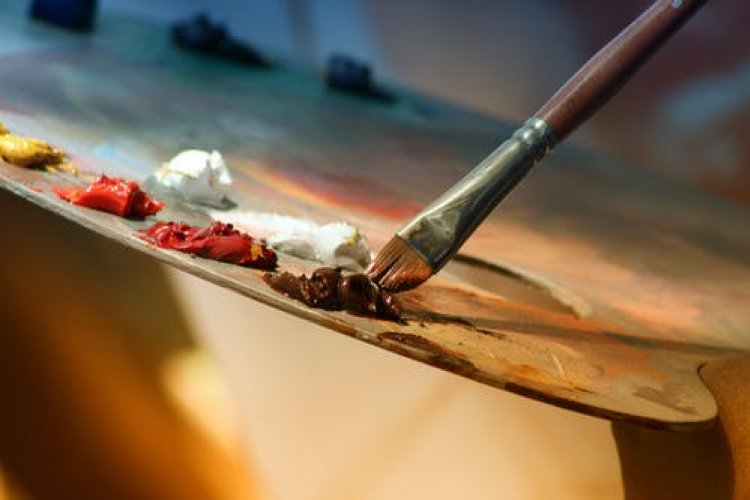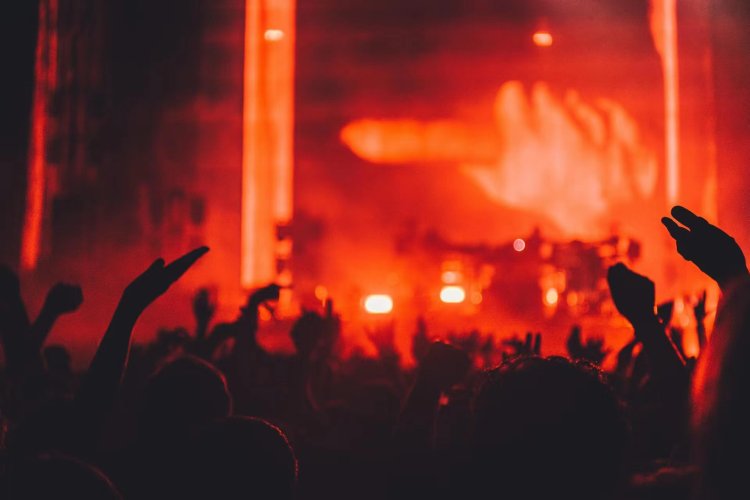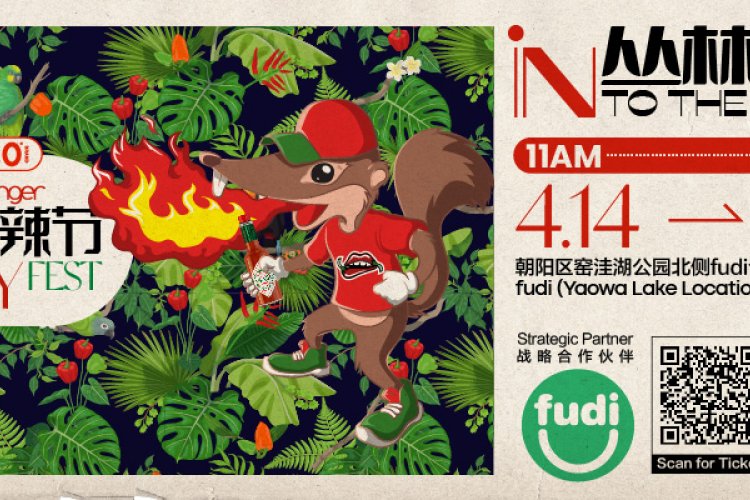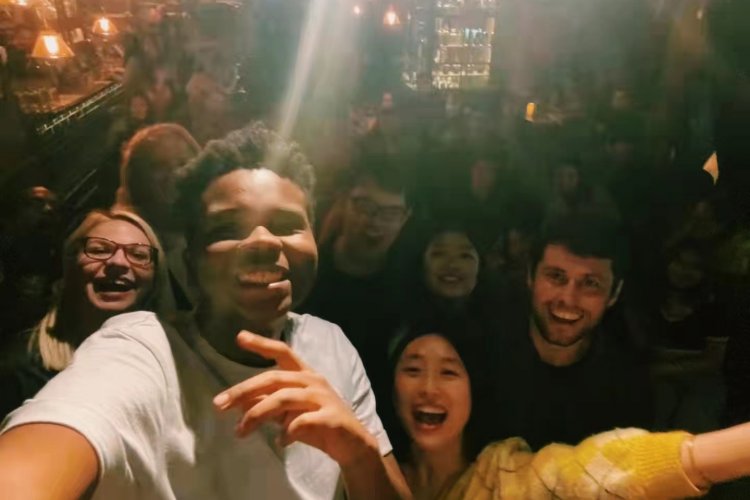"They Banned Me, But That's What Made Me Famous" Q&A with Taiwan Punk Sissey Chao Ahead of Gig, May 4
From being banned from the airwaves by Taiwanese authorities, to having R.E.M. choose his band as an opening act, fewer Taipei acts have seen greater highs and lows than Sissey Chao.
The pioneering punk, who broke through in the late 80’s fronting the band Double X, became notorious when his 1989 album Pull Myself Out was censored and demonized in state media for supposedly lewd content. But Chao (also known as 趙一豪/Zhao Yihao) seemed relish being banned to the fringes, and now has a devoted cult following as a distinctive, avant garde noise rocker. Ahead of his May 4 gig at Yue Space, we rang up the excitable Sissey. He spoke so quickly and enthusiastically he'd occasionally stutter trying to get the words out, as he candidly recalled how high school bullies inspired his stage name, what it was like to share the bill with R.E.M., and how he coped with being admonished by the authorities.
Double X was one of Taiwan’s first DIY punk bands. What do you remember most from those early days?
I first formed the band in senior high. I studied at an all boys school, and I was always quiet and shy, so my classmates called me “sissy boy.” I changed it to Sissey Chao for my stage name, as a way to counteract that. Since there were no girls in our school it was quite boring, and all we had to do was listen to music and try to play ourselves. BREAK At first it was very hard to find places to play, mostly just school parties. One of our first shows was a college graduation party, and we didn’t even get to finish one song, because the principal pulled the plug and kicked us out. At the time, in 1982, Taiwan wasn’t open at all and things were very strict.
How did you get past all that?
A German friend that came to all our shows took our CD to Europe. He said it did well on the college radio there, which gave us a lot more confidence and the drive to continue.
Eventually, you became big enough to have R.E.M. pick you as their opening act. What was that like?
It was 1995, as part of their Monster tour. Michael (Stipe) was so cool, so nice, and they were a great band. I was so shy that I didn’t talk much, just said “Hi” and shook their hands, because there were so many body guards around them. They put on such an awesome show and people were really amazed, because hardly any Western bands came back then.
How did you feel when the government banned your solo debut, Pull Myself Out?
Although Taiwan was just starting to open up, it was still a very politically sensitive period. There were only three TV channels at the time, so it was easy to ban me. They were upset that my album mentioned sex. I can tell you, it was like North Korea at that time – propaganda and a tightly controlled message.
Someone from the authorities even called our label and warned us to be careful. But I don’t think I did anything wrong! The album was about life, from birth to death, and the lyrics had references to sex, but it wasn’t anything too lewd – I was just talking about what was natural. They banned me, but that's what made me famous. I still laugh at the irony of that.
You and your band attained a cult status after that, and your songs were even included on the acclaimed indie movie A Placed of One’s Own several years later. Was that vindicating?
It certainly was. I know the director, and he told me he was a huge fan of mine and wanted to make a movie loosely based on my life’s story. I felt very flattered.

Tell me about writing and recording your recent solo album Love Trap (爱情的陷阱/Àiqíng de Xiànjǐng). What were some of its biggest inspirations and influences?
Its lyrics are inspired by an ancient Chinese legend about the Full Moon Festival, about a guy and a girl that can only meet once a year, on the big full moon. So their love is so sad but so beautiful. Love is always crazy and complicated, and it’s something that I always want to write music about.
Sissey Chao will perform at Yue Space on May 4 at 9pm. Tickets are RMB 100. For more information, click here.
Photos: Gig Guide, the promoters







